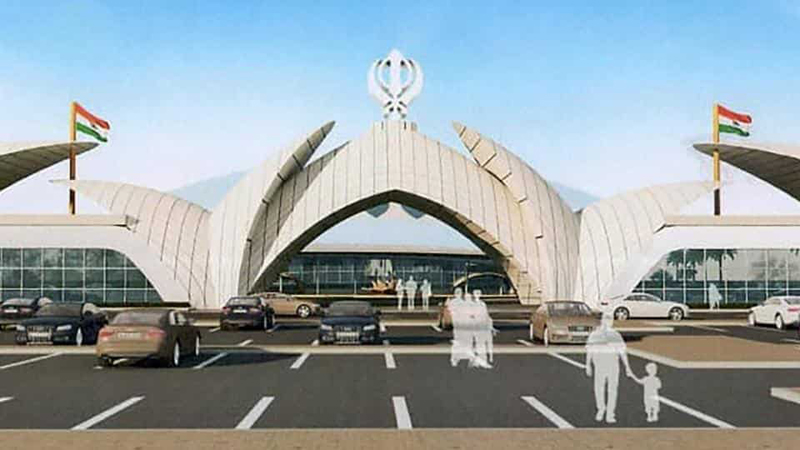The renewal of the agreement between India and Pakistan on the Sri Kartarpur Sahib Corridor marks a significant moment in the continued facilitation of Sikh pilgrims’ access to one of their most revered sites. The agreement ensures that the 4.7 km corridor connecting Dera Baba Nanak in India’s Punjab to Gurdwara Darbar Sahib in Kartarpur, Pakistan, will remain operational for another five years, allowing pilgrims to visit a shrine of immense spiritual importance. In an era where relations between India and Pakistan are often defined by hostilities and diplomatic standoffs, the Kartarpur Corridor is a rare but crucial bridge of understanding and cooperation. While the extension of the agreement is a positive step, it is also a moment for reflection on how this initiative can evolve to serve as a model of cross-border collaboration, particularly in the context of easing tensions and fostering goodwill between the two neighbouring countries.
The Kartarpur Sahib Corridor was inaugurated a few days before the 550th birth anniversary of Guru Nanak Dev Ji, the founder of Sikhism, whose final resting place is at Gurdwara Darbar Sahib. For Sikh devotees, the ability to visit this site, which was separated from India by the partition in 1947, represents not just a pilgrimage but a profound reconnection with their heritage. Essentially, the corridor is a humanitarian gesture, allowing for visa-free travel, an unprecedented step for Indian citizens entering Pakistan. The renewal of the agreement ensures uninterrupted access for pilgrims. The Indian Government’s consistent engagement with Pakistan on this matter, despite the strained bilateral relations, is a reflection of its commitment to safeguarding the religious rights of its Sikh community.
However, one recurring issue continues to cast a shadow on the Kartarpur Corridor arrangement-the USD 20 service fee levied by Pakistan on each pilgrim. India has consistently urged Pakistan to waive this fee, arguing that it places an unnecessary financial burden on the pilgrims, many of whom are not wealthy. Pakistan, for its part, has defended the fee as necessary to maintain the infrastructure and services at the site. The Kartarpur Corridor was conceived as a gesture of goodwill and brotherhood between two nations that share a complex and often antagonistic history. Removing the fee would reinforce the spirit of selflessness and service that Guru Nanak preached and help depoliticise an initiative meant to unite rather than divide. It is worth noting that the service fee has become a point of contention among Sikh organisations, as well as detracting from the sanctity of the pilgrimage experience. As the agreement has now been renewed, India and Pakistan will have the opportunity to revisit this issue and find a resolution that prioritises the interests of the pilgrims.
The Kartarpur Corridor stands in sharp contrast to the usual narrative of India-Pakistan relations, which are often dominated by disputes over territorial claims, cross-border terrorism, and political rhetoric. It is a rare instance where the two nations have managed to put aside their differences for a cause that transcends politics-the right to religious freedom. In recent years, relations between India and Pakistan have been fraught with heightened tensions, particularly after the revocation of Article 370 in Jammu and Kashmir in 2019. Diplomatic engagement has been limited, and people-to-people contact between the two countries has diminished. In such a climate, the Kartarpur Corridor remains a lifeline for dialogue and cooperation.
As the Kartarpur Corridor agreement is renewed, it is essential to consider how this initiative could be expanded or emulated in other contexts. Religious diplomacy, in particular, offers a pathway for engagement that sidesteps the usual political pitfalls. The subcontinent, with its shared history, culture, and religious traditions, has much to gain from initiatives that promote understanding rather than division. Hopefully, both Governments will continue to nurture this initiative, keeping the spirit of Guru Nanak’s teachings at its heart. Ultimately, peace and brotherhood are the way forwrd.
Trending Now
E-Paper


